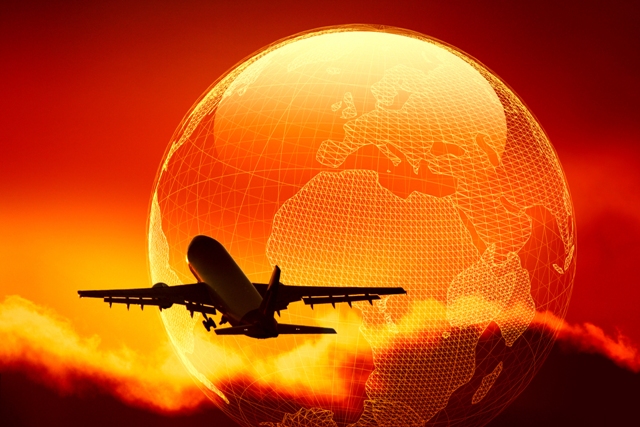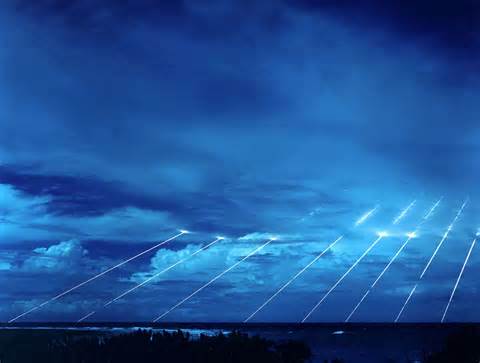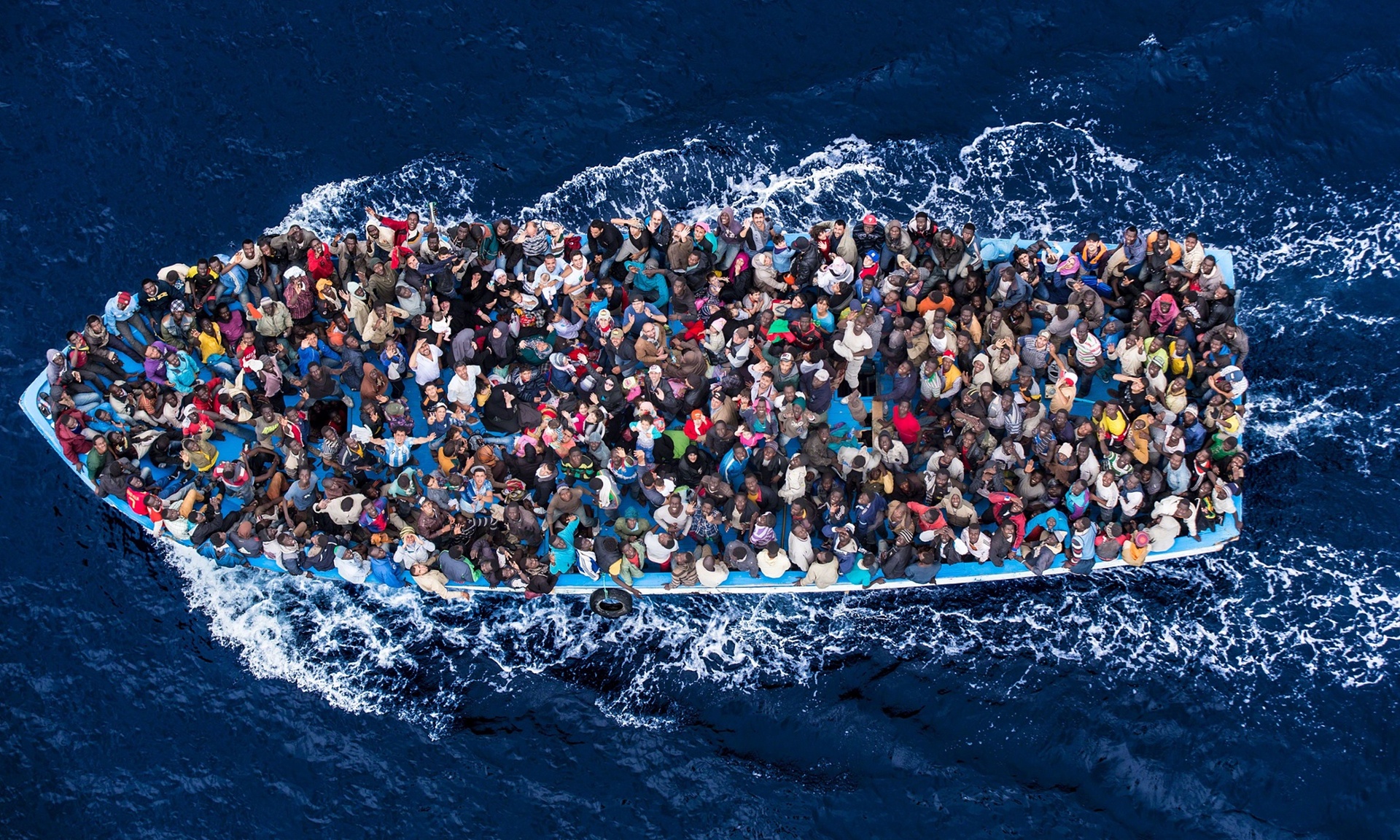The movement of people across and between borders, in absolute terms, has reached its highest point in history. The numbers of migrant workers, tourists, students, refugees, and victims of trafficking is unprecedented. An estimate by the International Organization for Migration suggests that there are well over 214 million transnational migrants moving world-wide, though numbers may be much higher than this. These migrants, particularly migrant workers and students, who are spread the world over from Dubai to Windsor, represent not only a potentially destabilising force in many countries, but also a tremendous opportunity. Top decision makers need to be mindful of their migrant communities when making decisions, or else risk negative social and political ramifications.
[captionpix align=”left” theme=”elegant” width=”300″ imgsrc=”http://natoassociation.ca/wp-content/uploads/2013/05/gb-1.jpg”]
The early history of migration is one in which arguably no formal term is needed: people simply moved. They were halted by other actors in their journeys, sometimes terminally, but systemic attempts to arrest or rearrange their movements were difficult. Large-scale movements of populations were easier to initiate, such as the expulsion of Jews from England or Spain. However, consistent and ingrained control over borders or frontiers were a definitive impossibility for most of human history. The early modern state, with its enhanced capacity to direct the actions of people, was able to exert a modicum of control over how and where people both within and outside of their borders could move. The ability of people to move freely between separate political communities appears to have had an inverse relationship to the proliferation of states. Imperial borders, for example between European holdings in Asia, were more porous than those of organised, particularly nationalist, states.
As states grew in number and in power, so, too, did their desire to control the frequently organic, diffused systems of movement that existed. In this sense, the early modern efforts to control movement, within the context of mercantilist objectives, are best described as a process of management. This is to say that it involved basic systematisations of knowledge, including legers, passports, and so on, but that the ability of political communities to exert even formulaic control was limited. It is important not to establish a false dichotomy here in saying that early modern states and other political communities did not control their borders meaningfully, while contemporary political actors can. The mere existence of undocumented migrants proves this impossible; however, it is inarguable that states presently have a far greater ability and intention to control the movement of people right down to the biological level (e.g. by demanding proof of non-infection from various diseases) than has existed previously.
The movement of people currently has proven to be difficult to control by individual states, resulting in frustration. The present efforts of the United States to control irregular migration into its backyard exemplifies this point. T he series of fences proposed by Republicans in 2006 would have cost $4.1 billion. It is clear to see that even a super-power cannot halt movements entirely, or even meaningfully. The rise of the spectre of migrants arguably reached its peak (and is perhaps plateaued currently) in the mid-to-late-1990s, when refugees from conflicts in Africa, the Balkans, and throughout much of the developing world, still reeling from the impacts of the IMF and World Bank Structural Readjustment Programs (SAPs), sought different opportunities. These people would frighten lawmakers throughout the industrial north, particularly in Western Europe and the United States, and institute the often venomous politics against newcomers that has been powerful as of late. One need only look at the recent explosion of violence in Sweden, and the riots in Britain and France a few years back, to see the potential pitfalls of non-inclusion and abuse of those who come seeking opportunity; mistrust and anger can be the unfortunate result.
The simultaneous collapse of the development dialogue of the 1970s and 1980s, which generally stressed privatisation and deregulation, and the virtual deluge of peoples into the global north looking for asylum meant a search for new approaches to migration. The culmination of this was arguably the UN High Level Dialogue on Migration and Development in 2007, where states and global civil society gathered together to discuss problems and potential solutions. None were found, but states did agree to keep talking in a new international space: the Global Forum on Migration and Development. Incremental changes have been seen since this point, either through aforementioned fora or more often through bilateral or multilateral negotiations, but there has been nothing systemic or wide-reaching. As the 2013 High Level Dialogue approaches, the possibility of a truly comprehensive form of international governance over transnational migration is possible. This will not be achieved, however, without a great deal of work.
States, particularly those from the industrial north, should support the High Level Dialogue wholeheartedly. What’s more, migrant-receiving countries should take what migrant-sending and transit countries have to say seriously. The United Nations system has already created a mechanism for recognising the rights of migrants in the form of the 1990 International Convention (which entered into force in 2003), but it has not yet been signed by any major migrant-receiving country. Those who depend on migrants, particularly Canada, the United States, and much of Europe, would do well to understand the importance of this document and the negotiations around it. Not only does the economic stability and vitality of Canada in particular depend on having a diverse population, but relationships with much of the world are shaped in part by the experiences of the brave and entrepreneurial few who have come here in search of opportunity. Images of Western powers as decadent or out of touch with the world can be combated effectively (potentially reducing physical conflict as a result), but only if steps such as recognising the achievements, contributions, and, most importantly, the rights of migrants are performed; the sooner, the better.



